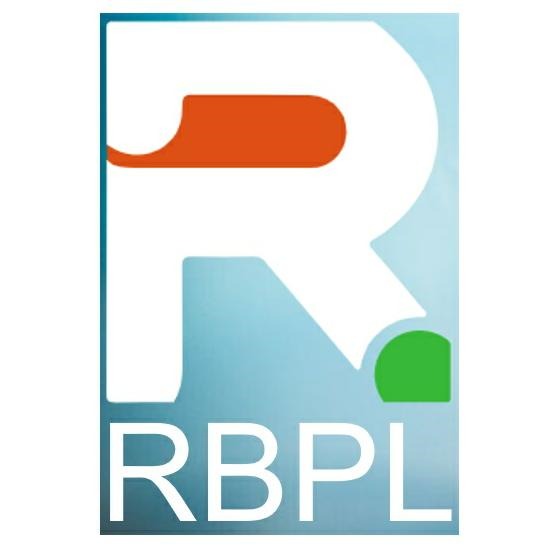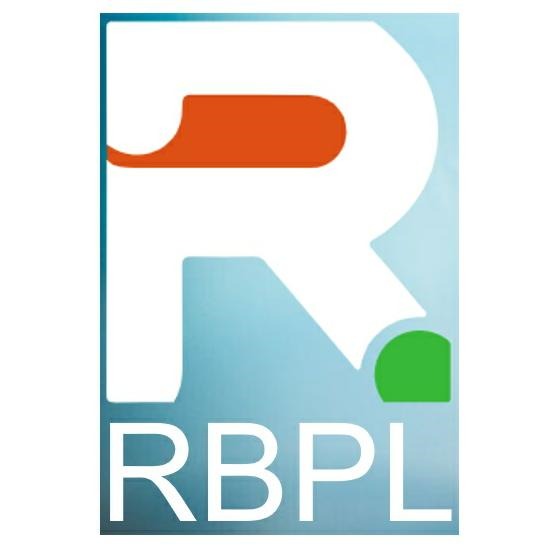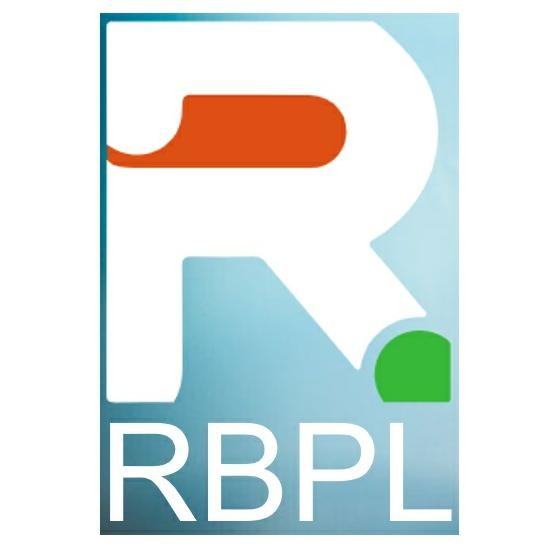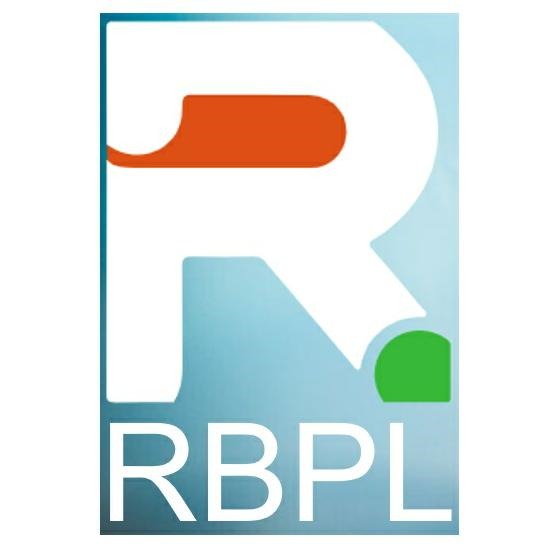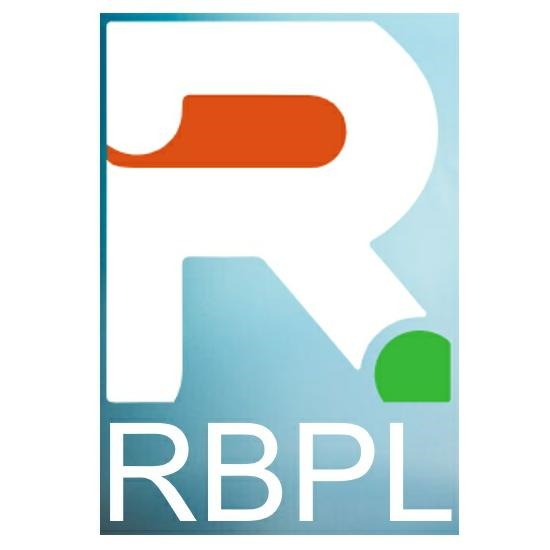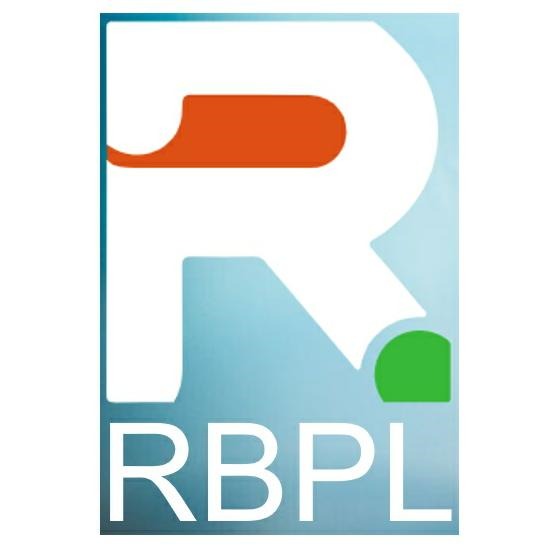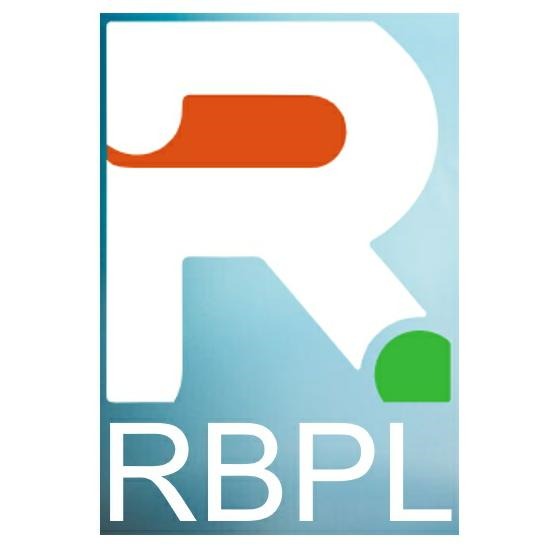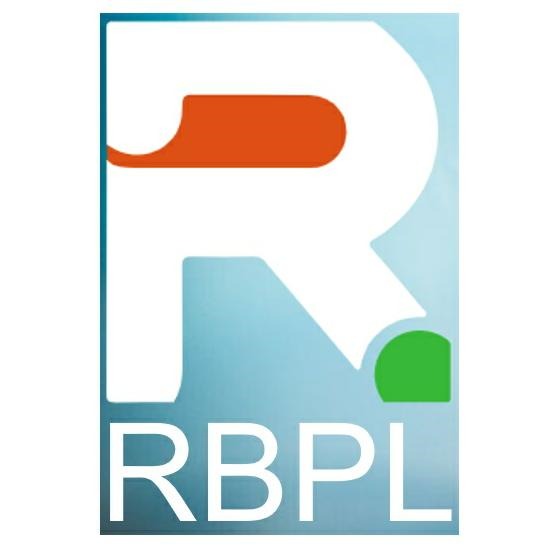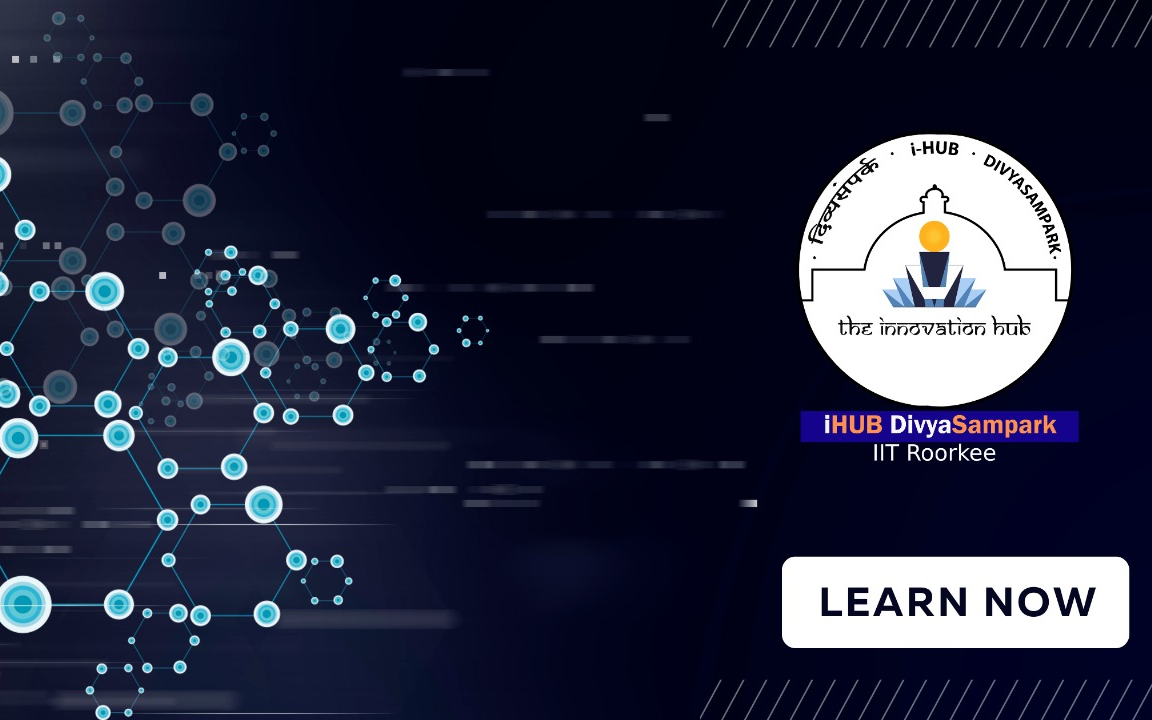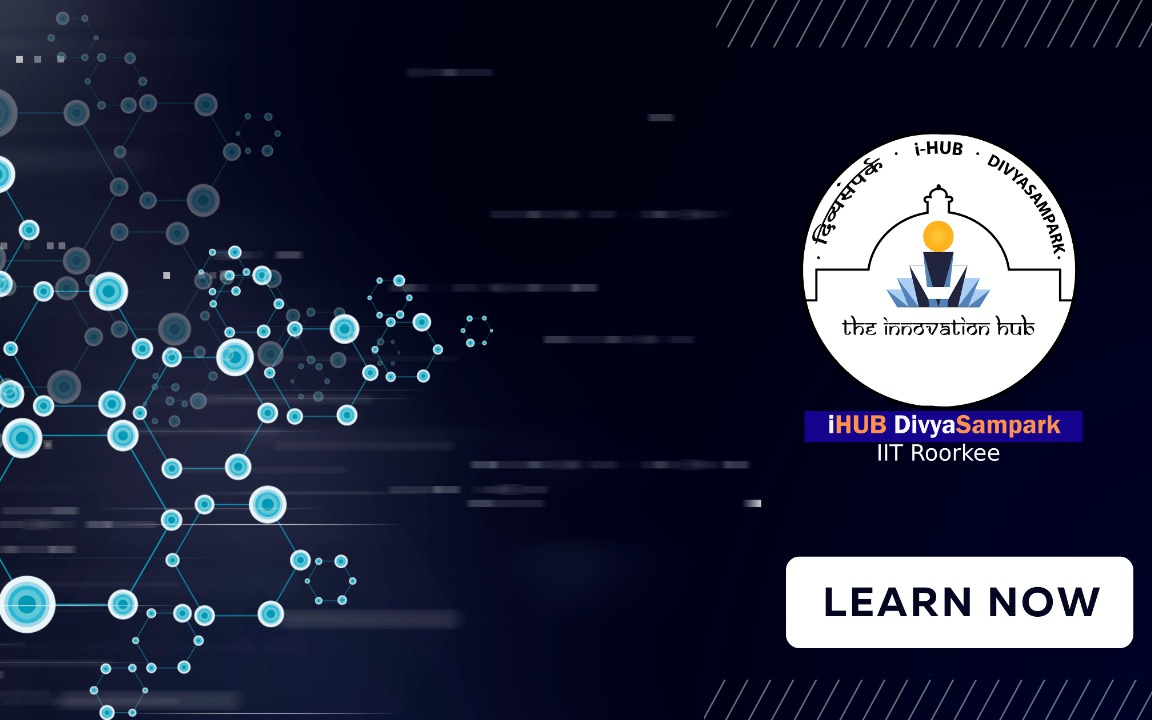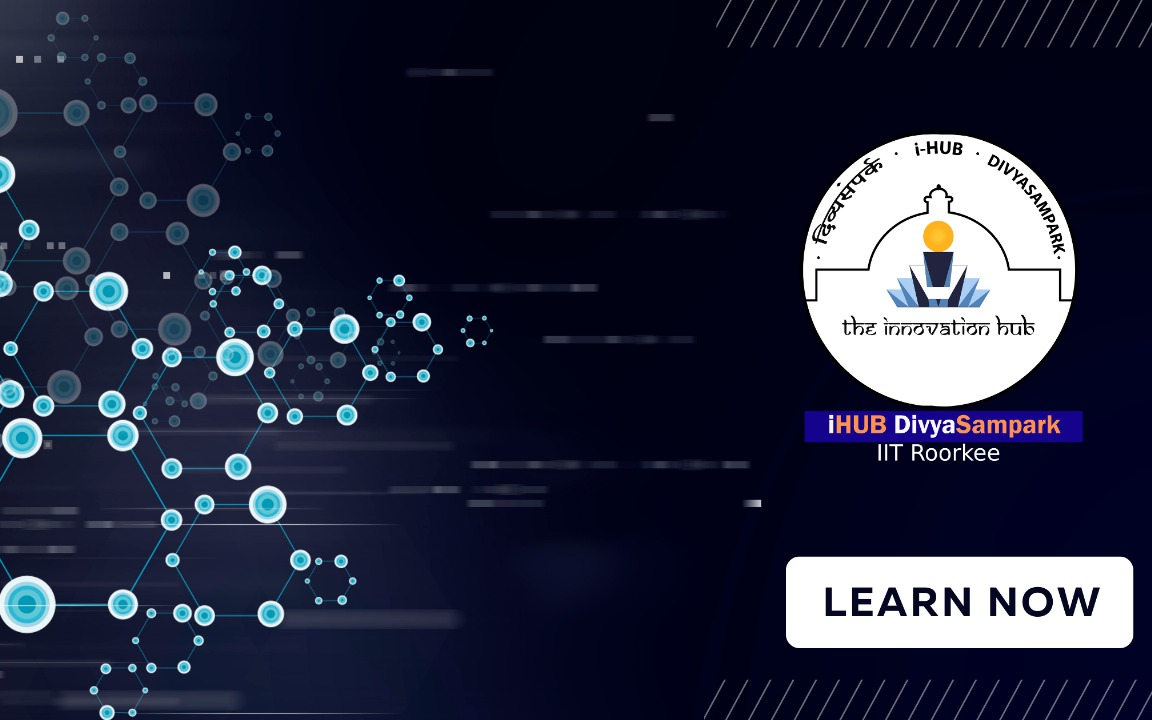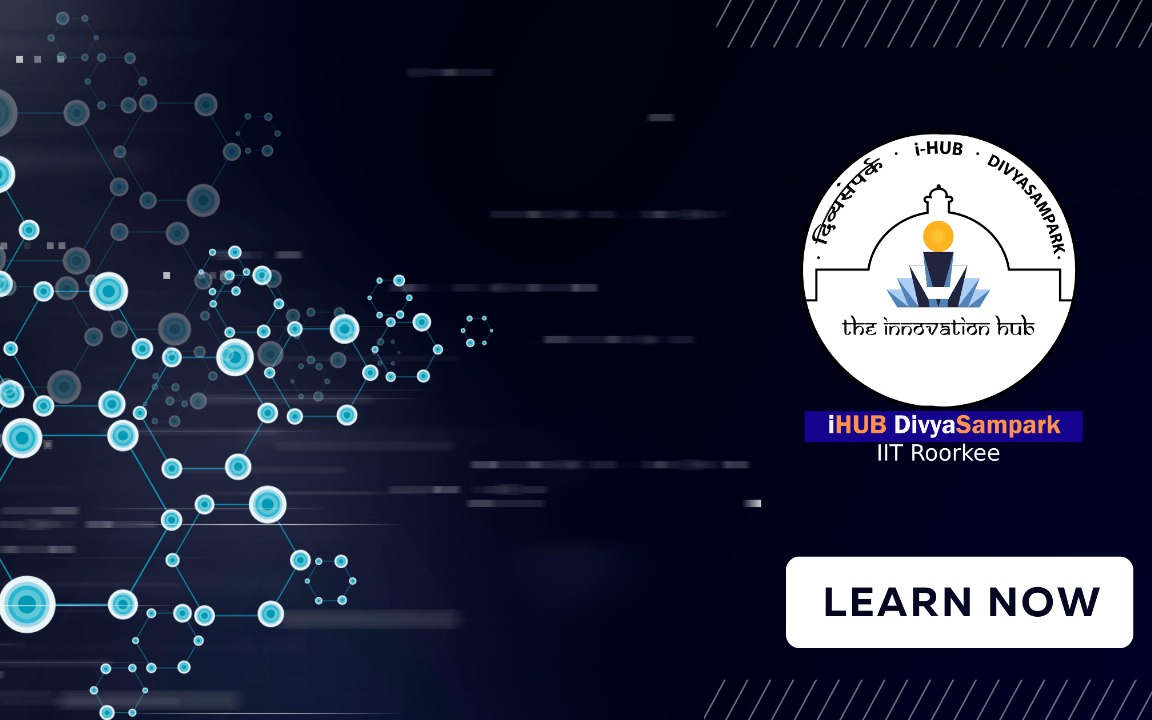
Mastering Data Science: From Basics to Real-World Applications
About the Course:
Data Science is one of the most in-demand fields in today’s technology-driven world, known for its ability to extract meaningful insights, predict trends, and automate decision-making using data. Python has emerged as the most popular language in the Data Science ecosystem due to its simplicity and a vast array of powerful libraries. This course is designed to help participants build a strong foundation in Python programming, data analytics, and machine learning within a structured timeframe. The course begins with Python fundamentals and progresses to more advanced topics relevant to data manipulation and analysis. Participants will learn to use essential libraries such as NumPy, Pandas, Matplotlib, and Seaborn for data analysis and visualization. The next phase focuses on applying statistical and machine learning techniques, including both supervised and unsupervised algorithms, to real-world datasets. The hands-on approach ensures learners not only understand theoretical concepts but also gain practical experience in solving real-world problems. By the end of this course, the learners will develop the skills to analyze complex datasets, build predictive models, and communicate data-driven insights effectively - empowering them for careers in Data Science and related domains.
Course Objectives:
- To make the participants understand the fundamentals of Python programming and its applications in Data Science.
- To develop proficiency in using Python libraries for data analysis, preprocessing, and visualization.
- To introduce participants to essential statistical and machine learning techniques used in data-driven decision-making.
- To equip learners with the ability to build, evaluate, and interpret predictive models
- To provide hands-on experience through projects using real-world datasets.
- To lay a strong foundation for advanced topics such as Deep Learning, Neural Networks and Reinforcement Learning
Link to Register :- https://rzp.io/rzp/MasteringDataScience
Batch Details:
Class Timings: Saturday & Sunday (4 pm – 6 pm) Start Date: 24th May 2025
Duration: 76 Hours End Date: 5th Oct 2025
Mode: Online (ILT over Zoom/Webex/GMeet) Certification: Globally accepted
Last Date to Register: 23rd May 2025
Course Fee:
Students/PhD Scholars/RA/JRF/SRF/Postdoc fellows: Rs. 12,000/-
Faculty/Working Professional: Rs. 14,000/-
Contact Person: Dr. Subrat Kotoky
CTO, Ritvij Bharat Pvt. Ltd. (RBPL)
Ph.D. in Mechanical Engineering (IIT Guwahati)
rbpl.edu@gmail.com/subrat.kotoky@ritvij.co.in
9085317465/8473874389
Expert Profile: Mr. Shreyas Shukla
Professional Corporate Trainer & Microsoft Azure Certified Data Engineer
M.Tech-IIT Kharagpur & BE- The Aeronautical Society of India, New Delhi
1. DP-203: Microsoft Certified: Azure Data Engineer Associate
2. DP-900: Microsoft Certified: Azure Data Fundamentals
3. AZ-900: Microsoft Certified: Azure Fundamentals
Our Students Rate This Course
Trainer
Program Fee
Rs 12,000/- & Rs. 14,000
Available Seats
100
Schedule
Saturday & Sunday (4 pm – 6 pm)
Only Few Seats Left
Reviews
Testimonials
NEWS & UPDATES
Career Transitions
55% Average Salary Hike
$1,27,000 Highest Salary
800+ Career Transitions
300+ Hiring Partners
Who Can Apply for the Course?
- No coding experience required. We’ll start from scratch.
- This course can be taken up by any undergraduate/postgraduate student of Basic & Applied Sciences, Engineering, and Computer Applications and also by Research Scholars/Faculties/Working Professionals who want to upskill themselves
- Participants need to have a laptop/PC (with a minimum of 4 GB RAM, 100 GB HDD, Intel i3processor) and proper internet/Wi-Fi connection.

About Program
At iHUB DivyaSampark, we are driven by the belief that young, innovative minds have immense potential to transform the world. Our core mission is to develop highly knowledgeable human resources with top-order, industry-relevant skills.
Whether you are looking for a career transition, a significant salary hike, or to master specialized knowledge, our programs provide the mentorship and practical exposure needed to achieve successful career outcomes and help you secure roles with our network of 300+ hiring partners
Key Highlights
Our Alumni Work At

What is included in this course?
- Non-biased career guidance
- Counselling based on your skills and preference
- No repetitive calls, only as per convenience
- Rigorous curriculum designed by industry experts
- Complete this program while you work
I’m Interested in This Program
Courses
Other Courses You Might Be Interested In
Certificate
Rs. 65,000 + GST/-
Advanced Certification in Data Science and AI
Learn Data Science and AI from IIT Faculty with Campus Immersion @ IIT Roorkee
Certificate
Rs. ₹60,000 + GST*/-
Future-Ready Product Management with Applied AI Program
6 Months | 4-5 hours per week
 MASAI
MASAI
Certificate
Rs. 2,00,000 + GST/-
Executive Post Graduate Certification in VLSI SoC Design and Verification
12 Months
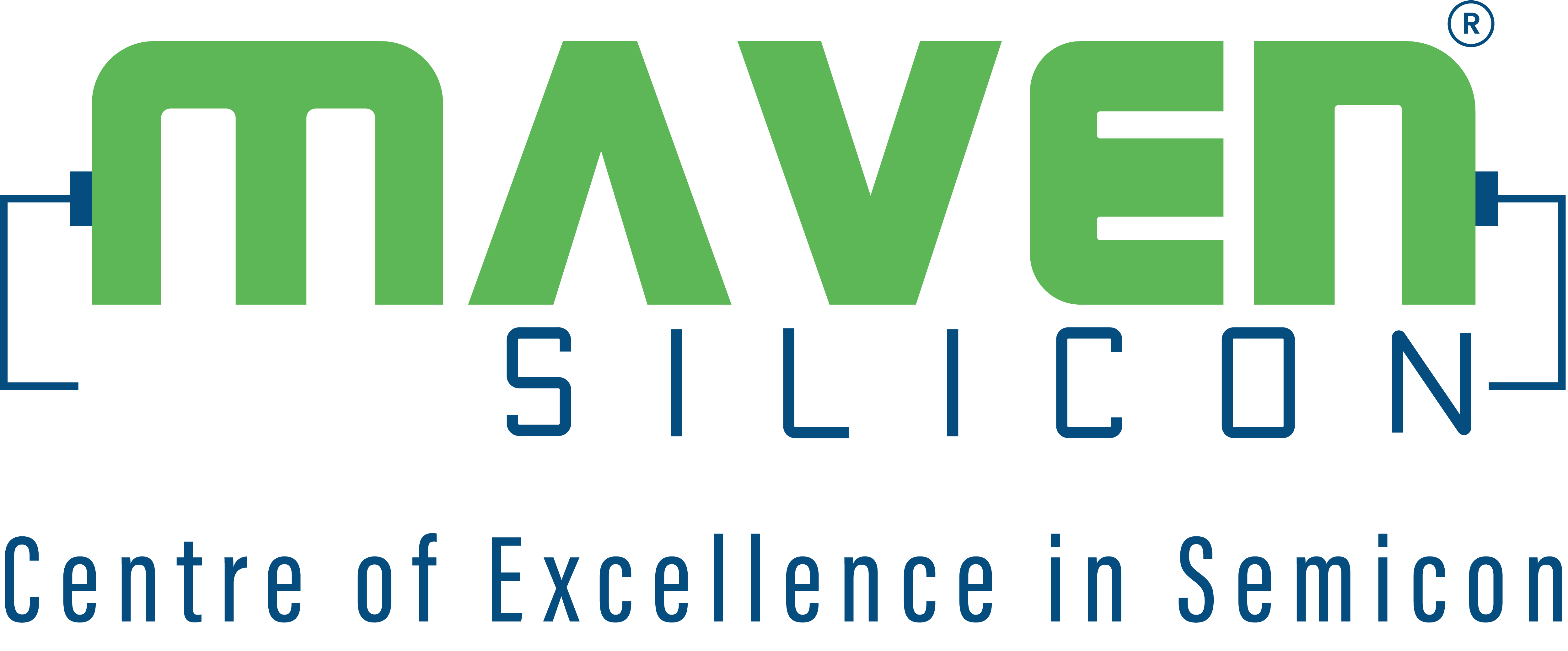 MAVEN silicon
MAVEN silicon

